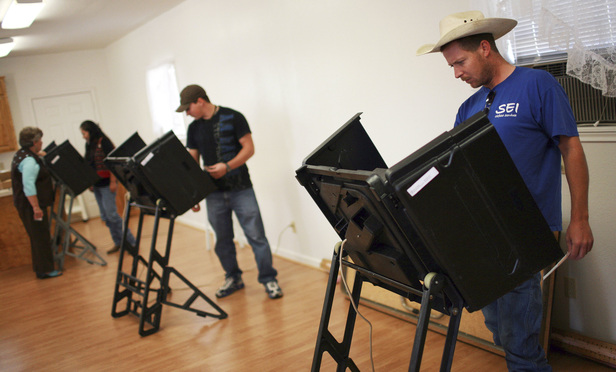In back-to-back arguments Tuesday, the U.S. Supreme Court stepped back in time nearly a half century, questioning long-held assumptions and decisions on the meaning of the constitutional principle of “one person, one vote.”
The time travel was obviously frustrating to some justices and some of the lawyers in the two separate cases before them: Evenwel v. Abbott and Harris v. Arizona Independent Redistricting Commission.
This content has been archived. It is available through our partners, LexisNexis® and Bloomberg Law.
To view this content, please continue to their sites.
Not a Lexis Subscriber?
Subscribe Now
Not a Bloomberg Law Subscriber?
Subscribe Now
LexisNexis® and Bloomberg Law are third party online distributors of the broad collection of current and archived versions of ALM's legal news publications. LexisNexis® and Bloomberg Law customers are able to access and use ALM's content, including content from the National Law Journal, The American Lawyer, Legaltech News, The New York Law Journal, and Corporate Counsel, as well as other sources of legal information.
For questions call 1-877-256-2472 or contact us at [email protected]



